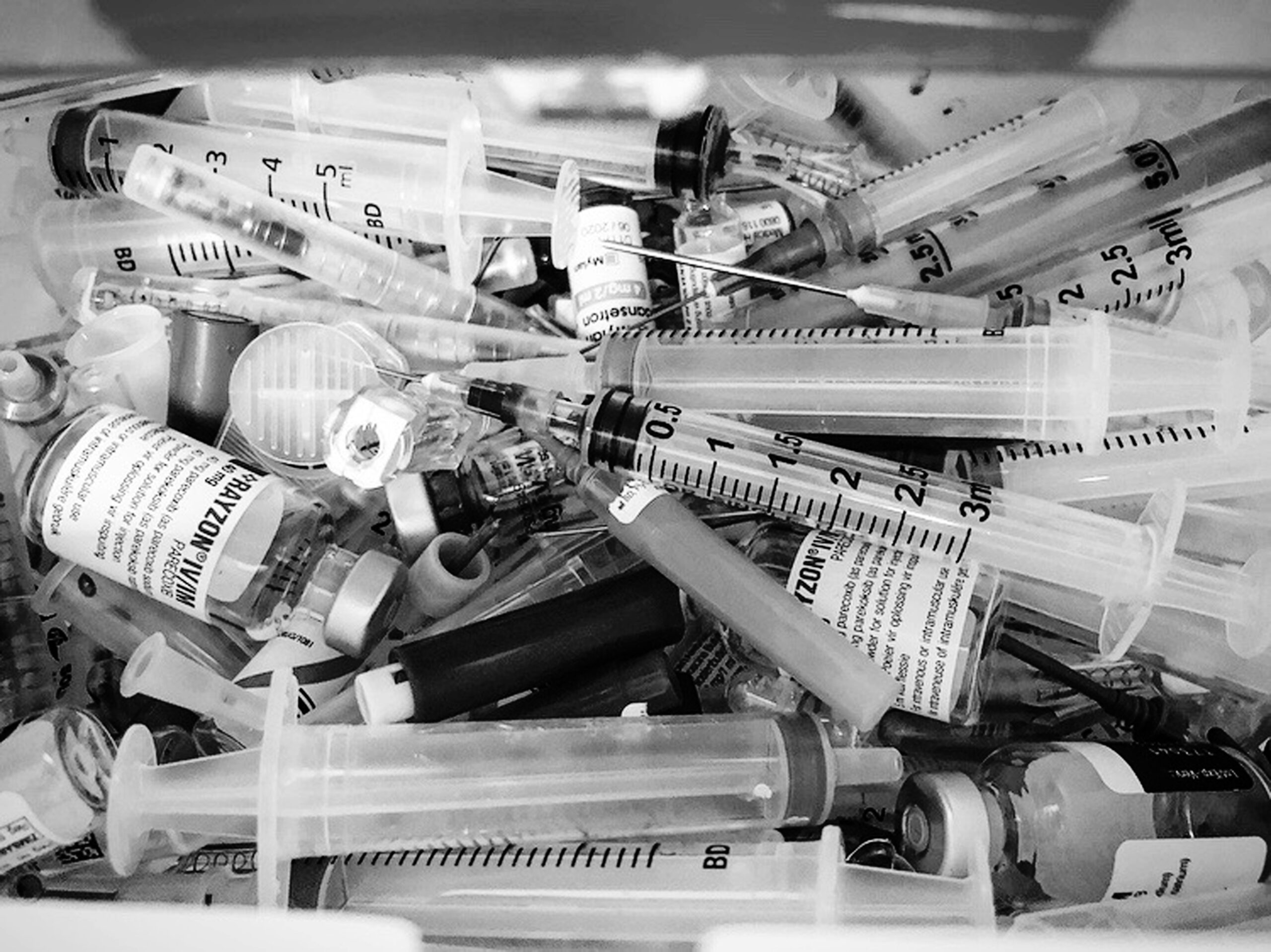The Link Between Addiction and Mental Health
Addiction is not just about substance misuse; it can also involve behavioral patterns like gambling, gaming, or shopping. When someone struggles with this condition, they often face co-occurring mental health disorders such as depression, anxiety, or PTSD. According to the Substance Abuse and Mental Health Services Administration (SAMHSA), about 9.2 million adults in the U.S. experience both a mental illness and a substance use disorder (SUD).
One reason these disorders frequently appear together is that they share similar risk factors. These include genetics, trauma, chronic stress, and environmental influences. For example, someone with untreated depression might turn to alcohol or drugs as a form of self-medication, only to develop a dependency that further harms their mental health.
The Vicious Cycle of Addiction and Mental Illness
The relationship between addiction and mental health is bidirectional—each can contribute to the onset or worsening of the other. For example:
Depression and Substance Use: A person experiencing depression may use alcohol or drugs to numb emotional pain. However, substance use can intensify depressive symptoms, leading to an even deeper spiral of emotional distress and harmful coping behaviors.
Anxiety and Addiction: Individuals with anxiety disorders may use substances to calm their nerves, but this often results in dependence and heightened anxiety once the substance wears off.
This cycle creates significant barriers to recovery. Treating one condition without addressing the other often leads to relapse, which is why integrated, comprehensive care is essential.

The Impact of Addiction on Mental Health
Substance use can severely affect mental well-being in multiple ways:
Neurological Changes:
Repeated substance use can alter brain chemistry, leading to mood swings, cognitive impairment, and an increased risk of developing mental health disorders.
Social Isolation:
Dependency often results in social withdrawal, broken relationships, and isolation — all of which can trigger or worsen mental health issues.
Physical Health Decline:
Chronic substance use can damage the liver, cardiovascular system, and immune function. These physical health challenges can further contribute to emotional instability and mental health deterioration.
Statistics on Addiction and Mental Health
Understanding the scope of the issue is essential. These key statistics highlight how closely substance use and mental health are intertwined:
Prevalence:
According to the National Institute on Drug Abuse (NIDA), nearly half of individuals with a mental illness will also experience a substance use disorder at some point in their lives.
Suicide Risk:
Individuals with substance use disorders face a significantly higher risk of suicide. The American Foundation for Suicide Prevention reports that more than 20% of people who die by suicide have a substance use disorder.
Treatment Gaps:
Despite the high prevalence of co-occurring conditions, SAMHSA reports that only 9.1% of adults living with both a substance use disorder and a mental illness receive treatment for both.
Treating co-occurring substance use and mental health disorders requires a comprehensive approach that addresses both issues simultaneously — a model often referred to as integrated treatment. Key components include:
Medication-Assisted Treatment (MAT):
Medications such as methadone, buprenorphine, or naltrexone can help stabilize individuals by reducing cravings and withdrawal symptoms, often alongside mental health medications.
Cognitive Behavioral Therapy (CBT):
CBT helps individuals recognize and change negative thought patterns and behaviors, making it effective for both substance use disorders and mental health challenges.
Conclusion: Breaking the Cycle
Breaking the cycle between substance use and mental health disorders is challenging, but absolutely possible with the right support. Recognizing how these issues influence one another is the first step toward healing. By addressing both mental health concerns and substance use together, individuals can rebuild their emotional stability and work toward long-term recovery.
Understanding these connections also helps reduce stigma and encourages more people to seek help. Whether you or someone you love is struggling, remember that recovery is a journey — and it is never too late to take the first step.
It takes courage to confront deep wounds, to sit with your pain, and to make peace with the memories that have held you back. But with each step forward, healing becomes more attainable. You deserve a beautiful, meaningful life — the life that was always meant for you.
If you or someone you love is struggling with grief or loss, you’re not alone. There are organizations that offer free support, guidance, and community: #988
NAMI (National Alliance on Mental Illness
